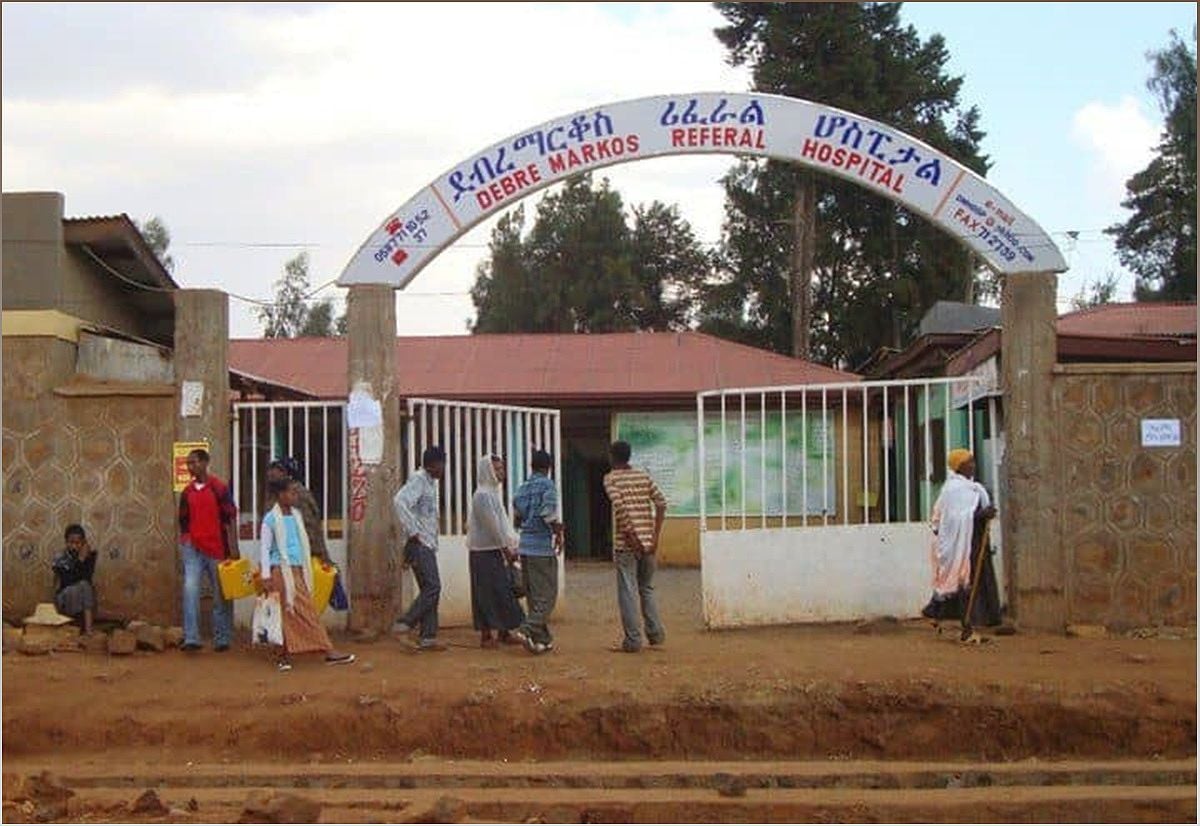The Impact of Ongoing Clashes on Healthcare in Amhara Region
The ongoing clashes in the Amhara region have resulted in severe disruptions in the healthcare sector, leading to acute shortages of medical supplies in hospitals. This article explores the impact of these clashes on the healthcare system, highlighting the scarcity of crucial medicines for chronic illnesses and laboratory diagnostic reagents. The article also delves into the challenges faced by health institutions in obtaining necessary medical supplies due to road closures caused by the fighting. Stay tuned to learn more about the healthcare crisis in the Amhara region.
Impact on Healthcare Services
Explore the consequences of ongoing clashes on healthcare services in the Amhara region.
The ongoing clashes in the Amhara region have had a profound impact on healthcare services. Hospitals in the region are facing acute shortages of medical supplies, leading to significant challenges in providing adequate care to patients.

The disruption in healthcare services is primarily due to the scarcity of crucial medicines for chronic illnesses such as diabetes, asthma, and hypertension. Additionally, there is a shortage of laboratory diagnostic reagents, hindering the accurate diagnosis of various medical conditions.
The road closures caused by the fighting in surrounding districts have prevented the delivery of sufficient supplies from the federal and regional governments. This has created a dire situation for health institutions, leaving them struggling to meet the healthcare needs of the population.
Challenges in Obtaining Medical Supplies
Learn about the difficulties faced by health institutions in obtaining necessary medical supplies.
The ongoing conflicts have resulted in transport blockages, making it extremely challenging to obtain medical supplies. The closures of major roads have severely limited the delivery of medicines and other essential items to hospitals and health centers.
While some limited aid has been provided by local NGOs, there remains a significant gap in obtaining the required medical supplies. The Ethiopian Pharmaceutical Supply Service Agency (EPSA) has confirmed the crisis, stating that insecurity has blocked road transport from central warehouses, hampering the distribution of medicines throughout the Amhara region.
Despite temporary conflict-related delays, critical supplies are still reaching some zones and districts across the embattled region. However, the overall situation remains challenging, and efforts are being made to find alternative means of delivering medical supplies to the affected areas.
Impact on Women and Children
Discover the specific impact of the healthcare crisis on women and children in the Amhara region.
The scarcity of medical supplies has had a particularly severe impact on women and children in the Amhara region. Women who rely on medically prescribed supplementary feeding programs are facing significant challenges due to the unavailability of vital supplements.
The road closures have isolated certain zones, making it difficult for local authorities to obtain necessary supplements from usual sources. This has put the health and well-being of women and children at risk, as they are unable to access the essential nutrition they require.
Efforts are being made to address this issue and ensure that the necessary supplements reach the affected areas. However, the ongoing conflicts continue to hinder the timely provision of these vital resources.
Obstruction of Essential Supplies
Learn about the obstruction of other essential supplies, including emergency food and soil fertilizer.
In addition to medical supplies, the ongoing instability and violence in the Amhara region have obstructed the provision of other essential items. Emergency food, meant to support those in need, has been significantly impacted by the conflict.
A dispatched truck carrying emergency food remains stuck in Bahir Dar due to repeated road closures. This has prevented humanitarian access to Amhara cities and towns, leaving vulnerable populations without the necessary food support.
Furthermore, the obstruction of soil fertilizer has also affected farmers in the region. Extremist forces have been looting supplies and hindering their timely provision, jeopardizing agricultural productivity and the livelihoods of farmers.
